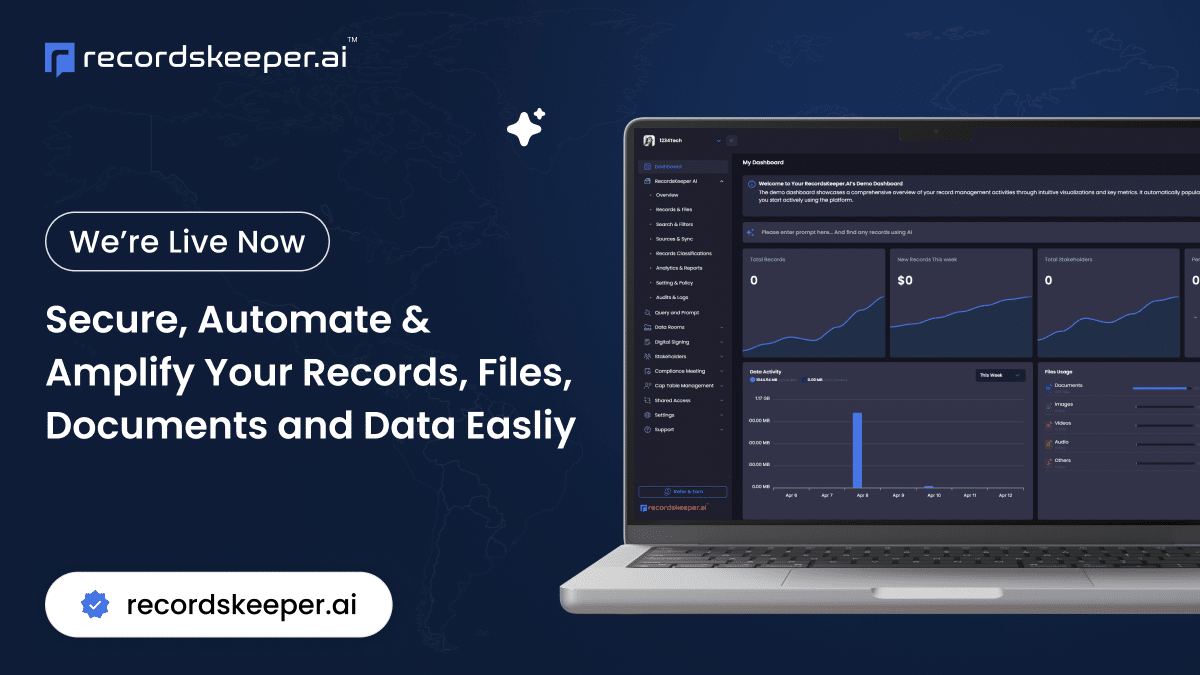Revolutionizing Healthcare: The Emergence of Cloud-Based Electronic Medical Records
When I embarked on the journey of creating RecordsKeeper.AI, my vision was to leverage the transformative power of technology to simplify record management across various industries. Today, one of the most talked-about innovations reshaping healthcare is “cloud-based electronic medical records,” offering unprecedented scalability, security, and efficiency for healthcare professionals.
Why Cloud-Based EMRs Are Game-Changers
In an era where information is king, having immediate access to accurate medical records is crucial. Traditional paper-based systems are not only cumbersome but often insecure. The introduction of cloud-based EMR solutions has paved the way for a more agile and responsive healthcare system.
- Enhanced Data Accessibility: With cloud-based systems, healthcare providers can access patient data anytime, anywhere, ensuring timely and effective care.
- Scalability and Flexibility: As the patient database grows, the system can effortlessly scale up without the need for additional hardware investments.
- Cost-Effectiveness: By eliminating the need for physical storage and reducing IT infrastructure costs, cloud EMRs prove to be an economically viable solution.
Security: The Forefront of Cloud-Based EMR Solutions
Security has always been a chief concern, especially with sensitive patient data. Blockchain technology plays a crucial role here. At RecordsKeeper.AI, integrating blockchain ensures that medical records are tamper-proof and immutable, providing an added layer of security.
- Robust Compliance: With automatic regulatory workflows, adhering to HIPAA and other compliance standards becomes straightforward.
- Controlled Data Sharing: Secure data rooms allow healthcare professionals to share records with authorized personnel only, with real-time activity tracking for audit purposes.
Best Practices for Leveraging Cloud-Based EMRs
To truly unlock the potential of cloud-based electronic medical records, healthcare facilities should adhere to several best practices that ensure seamless integration and operation.
1. Opt for Comprehensive Training Programs
Education is key. Training staff on new systems ensures they are comfortable and efficient, ultimately enhancing patient care quality.
2. Establish Clear Data Management Policies
To maintain data integrity, hospitals should implement automatic data retention and deletion policies, akin to the policy management processes we advocate at RecordsKeeper.AI.
3. Regular System Audits
Frequent audits not only ensure that the system is functioning optimally but also highlight areas for improvement, making your EMR system audit-ready—a feature our platform offers with ease.
Embracing the Future of Healthcare
Cloud-based EMR solutions aren’t just a technological upgrade; they represent a paradigm shift in how healthcare facilities operate. These systems transform record management from a mundane task into a strategic advantage, resonating with my mission to modernize record-keeping with AI and blockchain.
At RecordsKeeper.AI, we are dedicated to driving this change. By automating regulatory workflows, enhancing security through blockchain, and ensuring effortless data retrieval, we empower healthcare professionals to focus on what’s most important: patient care.
Conclusion: Advancing with Cloud-Based EMRs
The transition to cloud-based electronic medical records is not just advisable—it’s imperative. By integrating these systems into their operations, healthcare facilities can not only improve efficiency but also guarantee better patient outcomes.
I invite you to connect with RecordsKeeper.AI and explore how we can support your journey towards a seamless, secure, and compliant record management solution. Follow my journey for more insights into how technology continues to reshape the world of healthcare and beyond. Together, let’s transform challenges into opportunities.








